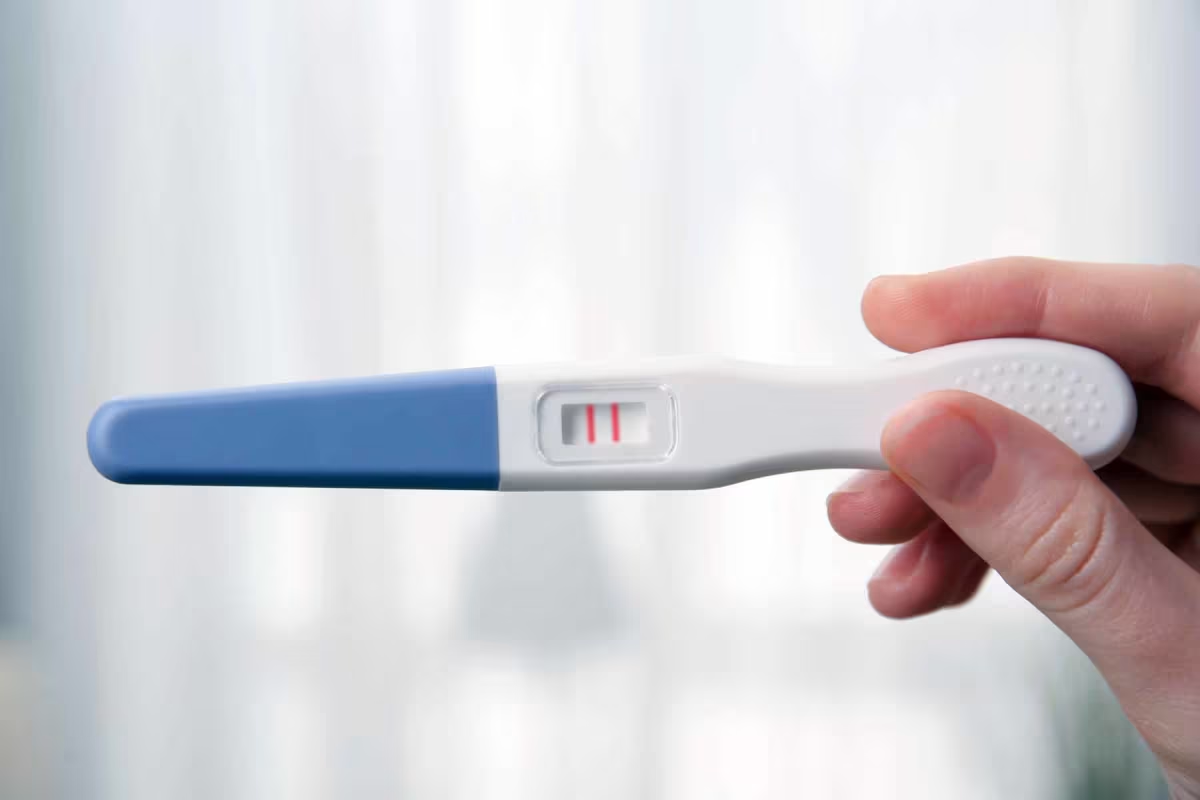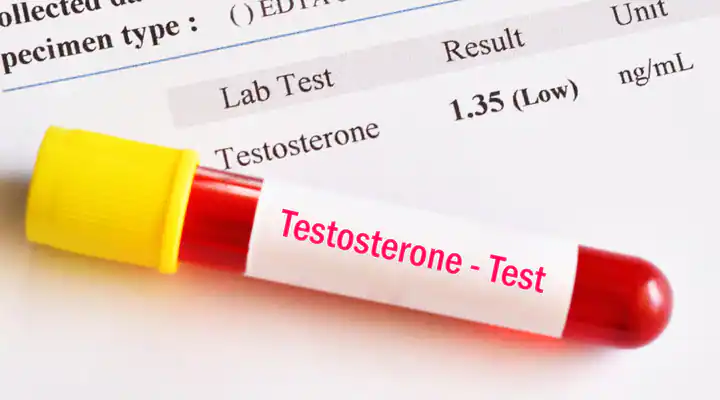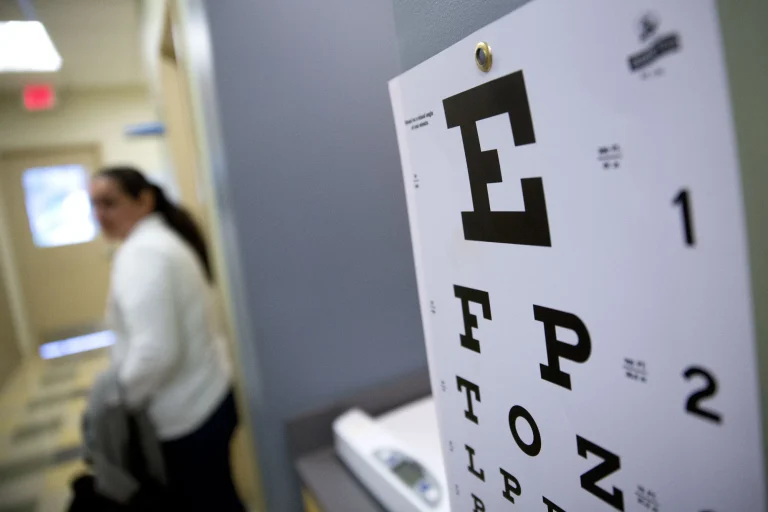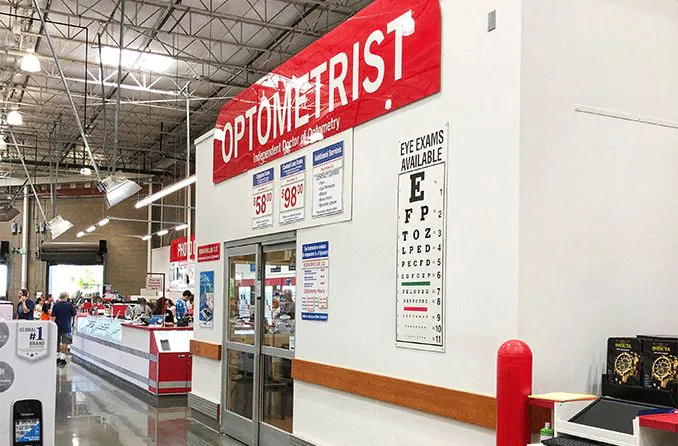Pregnancy Test Price in USA (2025) – Cost, Types & Where to Get Tested
Early detection of pregnancy is crucial for making informed health decisions, whether you’re planning for the future or addressing immediate needs. In the USA, pregnancy testing options range from affordable at-home kits to more precise clinical tests, each with varying costs and benefits. Understanding the pregnancy test price in 2025 helps you choose the best option for your situation, whether you prefer the convenience of a home test or the accuracy of a clinical test. This comprehensive guide details the costs of at-home kits, clinic urine tests, and blood tests, along with insurance coverage, free testing options, preparation tips, and booking instructions. For additional test pricing and healthcare services, visit USA Hospital.
Pregnancy Test Price in USA – 2025
The cost of pregnancy tests in 2025 varies based on the test type, location, and whether insurance is involved. Below is a table summarizing the average prices, insurance coverage, and where to access each test:
| Type of Pregnancy Test | Price Range (Without Insurance) | Covered by Insurance? | Where to Get It |
| At-Home Test Kit | $8 – $25 | Not usually | Pharmacy, Online |
| Urine Test at Clinic | $20 – $100 | Often covered | Walk-in Clinics, OB/GYN |
| Blood (hCG) Test – Qualitative | $35 – $100 | Yes | LabCorp, Quest Diagnostics |
| Blood (hCG) Test – Quantitative | $50 – $200 | Yes | Hospitals, OB/GYN Labs |
Types of Pregnancy Tests Explained
- At-Home Test Kit ($8–$25):
These over-the-counter tests detect hCG in urine and are available at pharmacies, grocery stores, or online retailers like Walgreens. Basic test strips cost as little as $1, while digital tests with clear displays (e.g., Clearblue Digital) may cost up to $25. They are over 99% accurate when used correctly after a missed period. - Urine Test at Clinic ($20–$100):
Performed at walk-in clinics, urgent care centers, or OB/GYN offices, these tests are similar to at-home kits but use clinical-grade equipment for higher accuracy. Costs vary by location, with some clinics offering free tests, especially for uninsured patients. - Blood (hCG) Test – Qualitative ($35–$100):
This blood test confirms the presence of hCG, providing a yes-or-no result. It’s often used to verify at-home test results or in cases of suspected complications, such as ectopic pregnancy. Available at labs like Quest Diagnostics or LabCorp. - Blood (hCG) Test – Quantitative ($50–$200):
This test measures the exact hCG level in the blood, offering detailed insights into pregnancy progression. It’s typically used for medical monitoring and is available at hospitals or specialized labs. Costs are higher due to lab analysis.
Note: Prices are based on 2025 data from sources like BetterCare and BabyCenter. Costs may be lower at retail clinics or higher in urban areas.
Insurance and Free Testing Options
The cost of pregnancy test services can be significantly reduced with insurance. Most health plans, including those under the Affordable Care Act, cover clinical urine and blood tests as essential health benefits, often with a small copay (e.g., $10–$50) or deductible. At-home test kits are typically not covered. To confirm coverage, contact your insurance provider or the testing facility.
Free or low-cost testing is widely available:
- Planned Parenthood offers free pregnancy tests at many locations, along with counseling and referrals (Planned Parenthood).
- Community Health Clinics provide free or sliding-scale fee tests, especially for uninsured or low-income individuals. Check with local health departments or the Health Resources and Services Administration for nearby centers.
- Some retail clinics, like CVS MinuteClinic, may offer discounted rates for uninsured patients.
For those without insurance, inquiring about financial assistance programs at clinics or labs can further reduce the hCG blood test cost.
How to Book a Pregnancy Test in the USA
Booking a pregnancy test is simple and depends on the type of test you need. Follow these steps:
- Choose Your Test Type:
- At-Home Test: Purchase from pharmacies, grocery stores, or online retailers like Walgreens. No appointment is needed.
- Clinical Test: Opt for a urine test at a clinic or a blood test at a lab or hospital for higher accuracy or medical confirmation.
- Find a Provider:
- Walk-in Clinics: Facilities like CVS MinuteClinic or urgent care centers offer urine tests, often without appointments. Check locations and hours online.
- OB/GYN Offices: Schedule an appointment for a comprehensive consultation, including urine or blood tests.
- Labs: Book blood tests through LabCorp or Quest Diagnostics. Many allow direct access testing without a doctor’s order.
- Verify Insurance Coverage:
- Contact your insurance provider to confirm coverage for clinical tests. Ask about copays, deductibles, or any required referrals.
- Explore Free Options:
- Contact Planned Parenthood or local health clinics for free or low-cost testing. Some states offer public health programs for uninsured individuals.
- Schedule and Confirm:
- For clinics or labs, book online or call to confirm availability, hours, and test types. Walk-ins are often accepted at retail clinics.
For additional healthcare resources or to explore other diagnostic services, visit USA Hospital.
Pregnancy Test Preparation Tips
Proper preparation ensures accurate results. Here are key tips for each test type:
- At-Home Urine Tests:
- No special preparation is needed.
- Test first thing in the morning when urine is most concentrated for best accuracy.
- Follow the test instructions carefully to avoid errors, such as reading results too early or late.
- Wait until after a missed period (typically 1–2 weeks after ovulation) to reduce the risk of false negatives (Planned Parenthood).
- Clinical Urine Tests:
- No preparation is required, but you may need to provide a urine sample at the clinic.
- Inform the provider about any fertility drugs or medications, as these can affect results.
- Blood Tests (Qualitative and Quantitative):
- No fasting is typically required.
- Provide details about your last menstrual period and any symptoms to help the provider interpret results.
- Be prepared for a small blood draw, which is quick and minimally invasive.
- General Tips:
- Track your last menstrual period to determine the best time to test. Testing too early (before a missed period) may lead to false negatives.
- If you get a positive result, follow up with a healthcare provider for confirmation and next steps. If negative but symptoms persist, retest after a few days or consult a doctor.
Frequently Asked Questions (FAQs)
Q1: How much does a pregnancy test cost at a clinic in the USA?
A: Clinical urine tests typically cost $20–$100, while blood tests range from $35–$200, depending on the test type and location. Insurance often covers these costs, reducing out-of-pocket expenses (BetterCare).
Q2: Can I get a free pregnancy test?
A: Yes, many Planned Parenthood centers and community health clinics offer free pregnancy tests. Local health departments or programs like those listed by the Health Resources and Services Administration may also provide free testing.
Q3: Is an at-home test reliable?
A: At-home pregnancy tests are over 99% accurate when used correctly after a missed period. For confirmation, especially in cases of uncertainty, a clinical test is recommended (BabyCenter).
Q4: Do I need a doctor’s appointment for a pregnancy blood test?
A: Not always. Labs like LabCorp and Quest Diagnostics offer direct access testing in many states, allowing you to order tests without a doctor’s prescription. Check local regulations or lab policies.
Q5: How fast will I get my results?
A: At-home and clinical urine tests provide instant results, often within minutes. Blood test results typically take 1–2 days, depending on the lab’s processing time (Parents).
Conclusion
Understanding the pregnancy test price in 2025 empowers you to make informed choices about your healthcare. At-home test kits offer a convenient and affordable option at $8–$25, while clinical urine tests ($20–$100) and blood tests ($35–$200) provide higher accuracy and are often covered by insurance. Free testing is available at Planned Parenthood and community health clinics, ensuring accessibility for all. Booking is simple, with walk-in options at clinics and online scheduling for labs. By following preparation tips, such as testing after a missed period, you can ensure accurate results. For more healthcare resources, visit USA Hospital.






